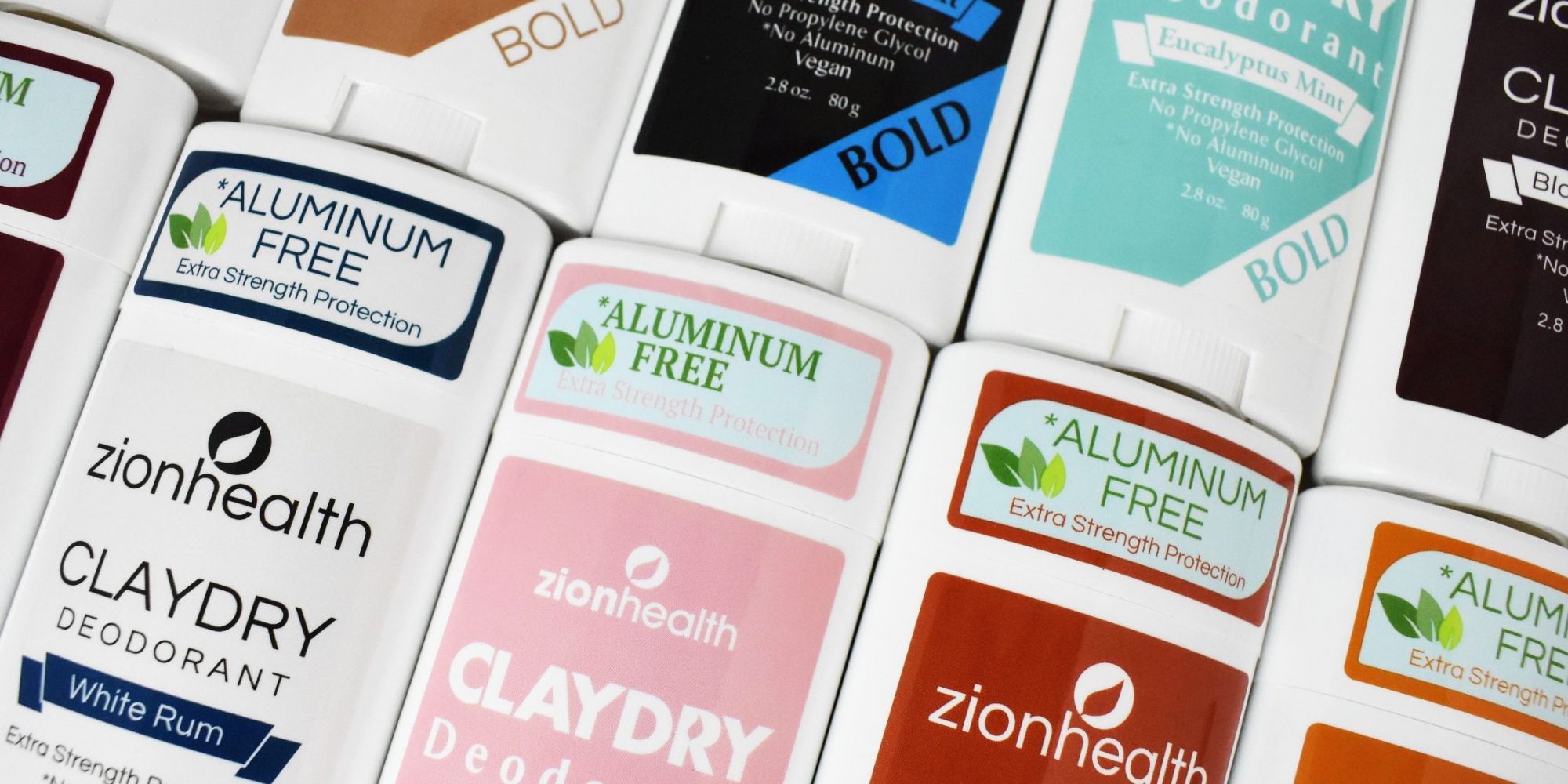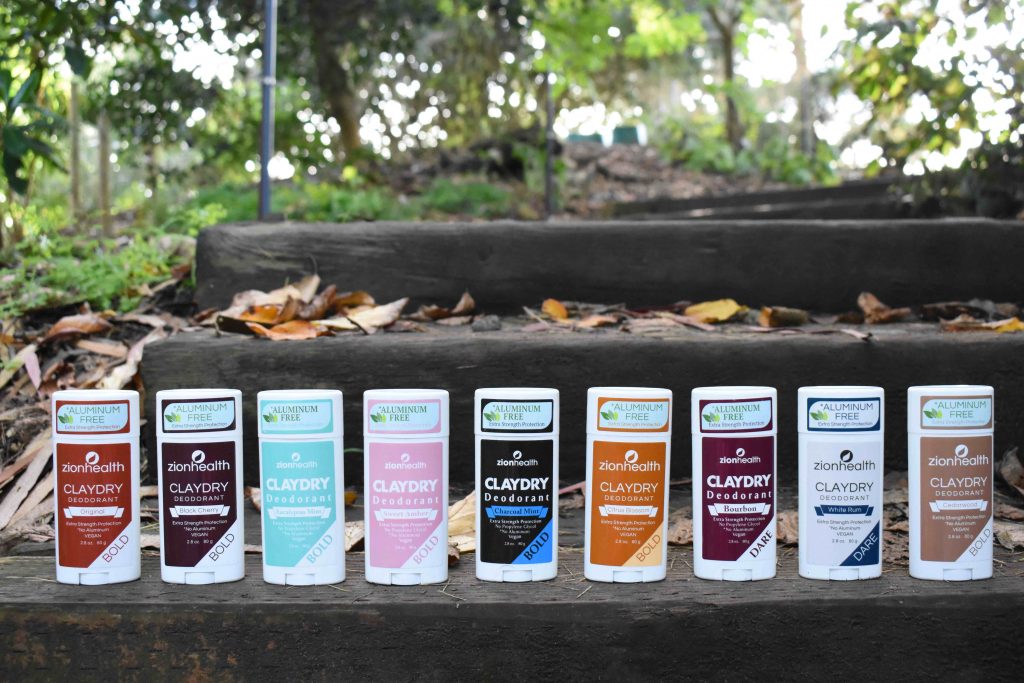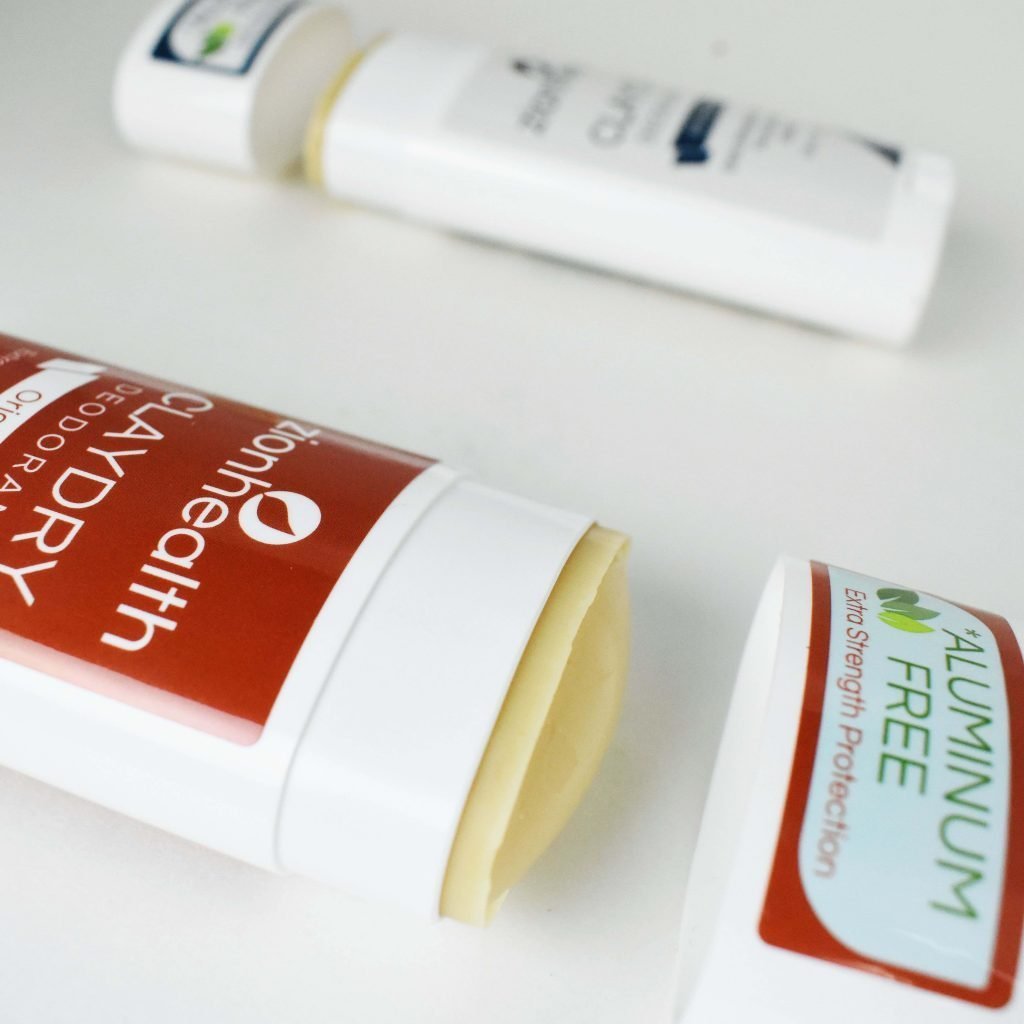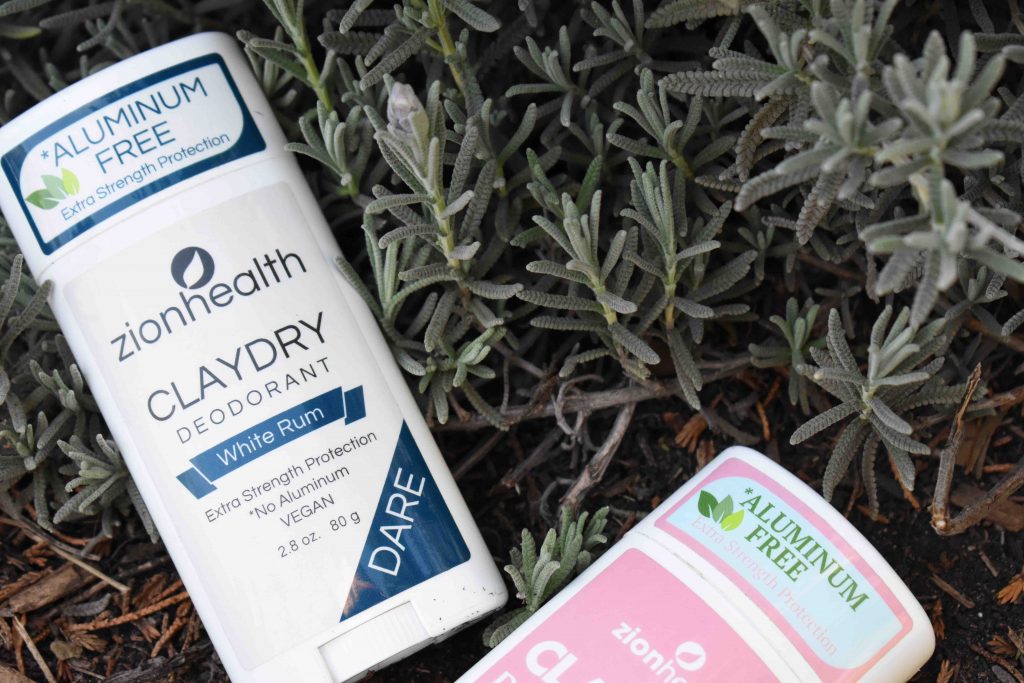
The Under-The-Radar Natural Deodorant Racking Up Significant Dollars
Not many people have superlative visits to the dentist. A dozen years ago, Haim Zion had one of those elusive visits. His gums had been receding precipitously and, upon examining them thoroughly during Zion’s appointment, the dentist declared they were in much better shape. “She called everybody in the office to look at me because it was so amazing,” recalls Zion. “She said, ‘What have you been doing?’ I told her, ‘I’ve been eating clay.’” Specifically, Zion, a longtime natural healthy remedy enthusiast, was eating calcium montmorillonite, a clay recommended to him by a business acquaintance that’s packed with more than 57 trace minerals and has been relied upon for centuries to treat various ailments.
With validation that the clay yielded benefits, Zion, formerly in the music industry, created a toothpaste containing it and launched the company Zion Health. Since its launch, Zion Health has expanded its range to 180 beauty and personal care stockkeeping units from cleansers to conditioners, but its aluminum-free clay deodorant has become a standout. “In my view, natural deodorant is going to take over the antiperspirant business because it just works better. I have people on YouTube that use my deodorant who don’t take a shower for three days and still smell good,” says Zion. “Before they didn’t work and, now, they work. When they work, wouldn’t you rather have a natural deodorant than an antiperspirant?” Beauty Independent asked him to elaborate on Zion Health’s path to a sizable odor-busting business.
Deodorant launch date: May 2008
Sales: $500,000 of Zion Health’s $2 million total wholesale sales last year
Total retail doors: Roughly 2,000

Product development: Zion Health currently sells over 20 types of deodorant, but Clay Dry Roll On was its first. Zion promptly realized that customers weren’t huge fans of the roll-on format, and preferred stick formulas that weren’t messy and dried rapidly. So, Zion Health released a stick formula featuring clay, zemea propanediol, a petroleum-free glycol alternative, witch hazel, and chamomile, grapefruit seed and alpine extracts. “That particular deodorant goes on smooth,” says Zion. White pine is the bestselling scent in the powdery stick format.
The introduction of sticks was pivotal to making Zion Health a natural deodorant contender. Today, the brand sells 25 stick deodorants for every single roll-on it sells. Recently, Zion Health grew its stick assortment with a version of its deodorant that has arrowroot, coconut oil, shea butter, magnesium hydroxide and baking soda. “There are no synthetics in it, and it lasts forever,” says Zion. “I can guarantee a minimum of 24 hours. You are still going to smell good even after you exercise.” He notes the formula depends on a small amount of baking soda, reducing the potential for irritation due to the ingredient.
Zion Health’s deodorants come in common scents like lavender and spring rain. However, the brand has also put out unique scents to distinguish its deodorant collection. There’s white rum, oud, palo santo and sandalwood, which frequently sells out. “I wanted to dive into specialty fragrances like oud. Most people don’t know what oud is, but they are attracted to the smell,” says Zion. “It’s very sexy.” He will test fragrances with runs of around 2,500 units prior to committing to bigger runs.
Retail price: Zion Health’s stick deodorants can be bought for $6 to $10 online. Zion watches the deodorant segment closely and explains the brand’s deodorants are priced in the middle of the segment. Schmidt’s deodorants are cheaper, but there are plenty of aluminum-free deodorants priced higher. Zion Health is sold in array of brick-and-mortar outlets from supermarkets to posh juice joints, and its deodorants are priced to appeal to customers across the board.
Distribution strategy: Zion Health began getting its deodorants in front of retailers by exhibiting at three to four trade shows per year. It gradually gained a retail customer base and cut back on its trade show attendance. The brand is distributed through UNFI, and it’s in retail accounts as diverse as TJ Maxx, Safeway, iHerb and Erewhon. Although it has quite a significant retail presence, there remains chains like Dillard’s that Zion Health hasn’t crack. With natural deodorant sales on the upswing, Zion is confident his brand can make inroads in large retail players that haven’t carried its deodorants.

Media milestone: Three years ago, Zion Health appeared in “Keeping Up with the Kardashians.” In the sixth episode of the 11th season, Kim Kardashian picked up its yuzu-scented deodorant at an Erewhon in Calabasas, Calif., where she lives. “I don’t watch the show,” admits Zion, “but people started calling me about it. We sell at Whole Foods, and Whole Foods called wanting the deodorant she picked up.”
Digital approach: Zion Health had been focusing on Google Ads to push digital sales with campaigns tapping key words such as deodorant, natural and vegan, but Fara Wong, marketing and social media coordinator for the company, says it’s moved away from Google Ads because the campaigns were too expensive for the exposure they garnered. Instead, Zion Health has turned to YouTube and Instagram influencers to spread the word about its deodorants. “One such YouTuber is Beauty101byLisa. She loved our deodorant enough to be willing to provide a review and scent test on each of our deodorants,” details Wong. “This allows easy access for those who don’t know which scent option to choose among our abundant scents.”
Hiccups along the way to success: Out of stocks have been a dilemma for Zion Health. Its sandalwood deodorant was out at Safeway for several weeks in 2018. “We’re going to have to carry more inventory,” acknowledges Zion. “We have to order larger numbers and order early.” He suggests packaging availability has been a problem, too. Last year, Zion Health went through tens of thousands of deodorant containers and found itself depleted of containers without the ability to replenish containers speedily at the volume it required. Zion Health scrambled to secure as many deodorant containers as it could, but Zion’s goal is to have packaging supplies under better control.

Maintaining momentum: Zion is never finished perfecting his brand’s products. For some customers, the arrowroot-driven deodorant formula is too hard. He’s working to make the consistency softer while keeping it compact. “I am continually working on it,” says Zion. “We have the odor and rashes under control. Now, I want to make it silkier.”
Retailer take: “It’s a fantastic product. Prior to using the Zion Health deodorant, I used to get razor burns. Ever since I started using started using the Zion Health deodorant, I haven’t had any clogged pores. This is most likely because there’s no aluminum to clog the hair follicle,” says Michelle Motta, owner of barbershop Plumsted Family Barbers and online store Shell’s. “It doesn’t mess up your clothes, doesn’t pill, and I love how I only need to apply once a day. The customers here love it: the formula, the smooth application and the smell.”





Leave a Reply
You must be logged in to post a comment.